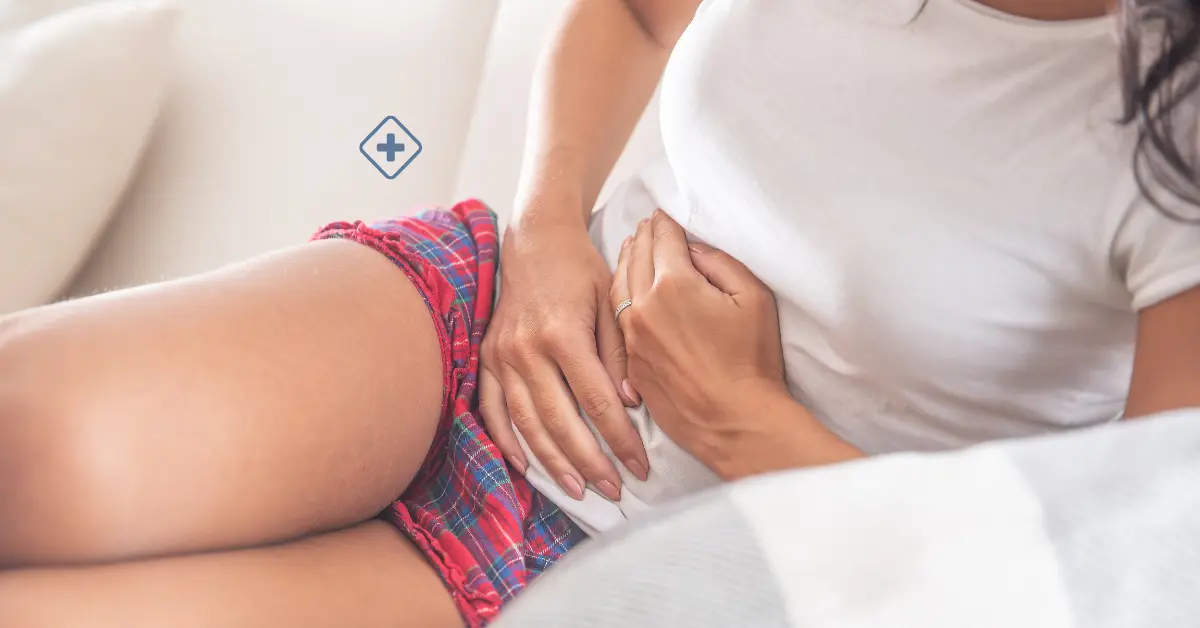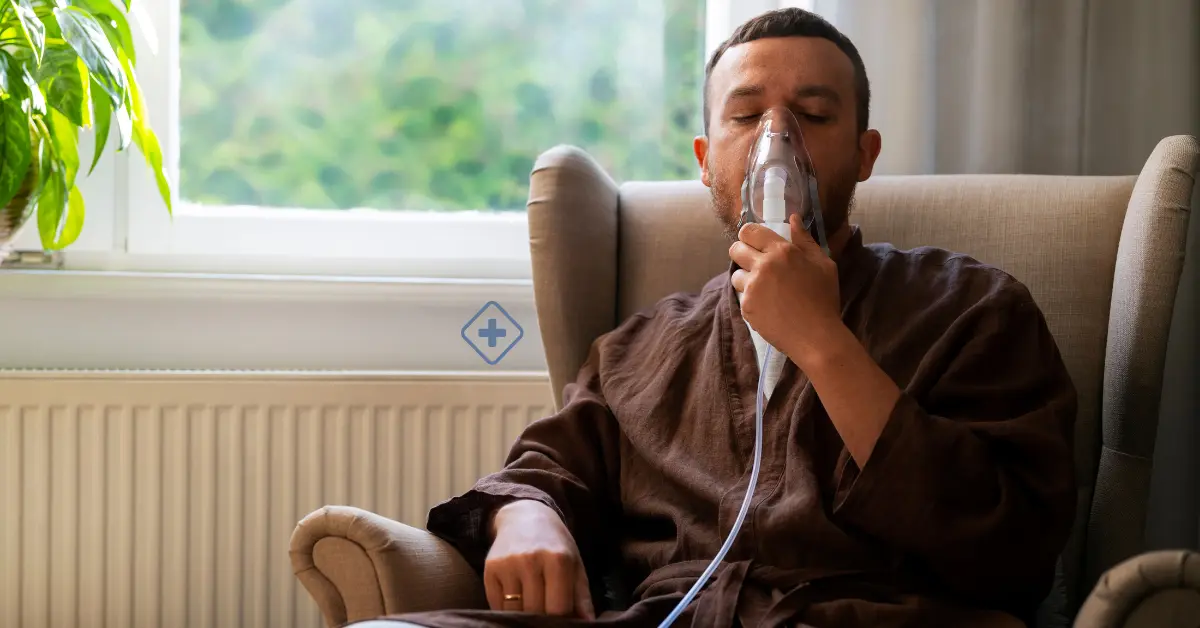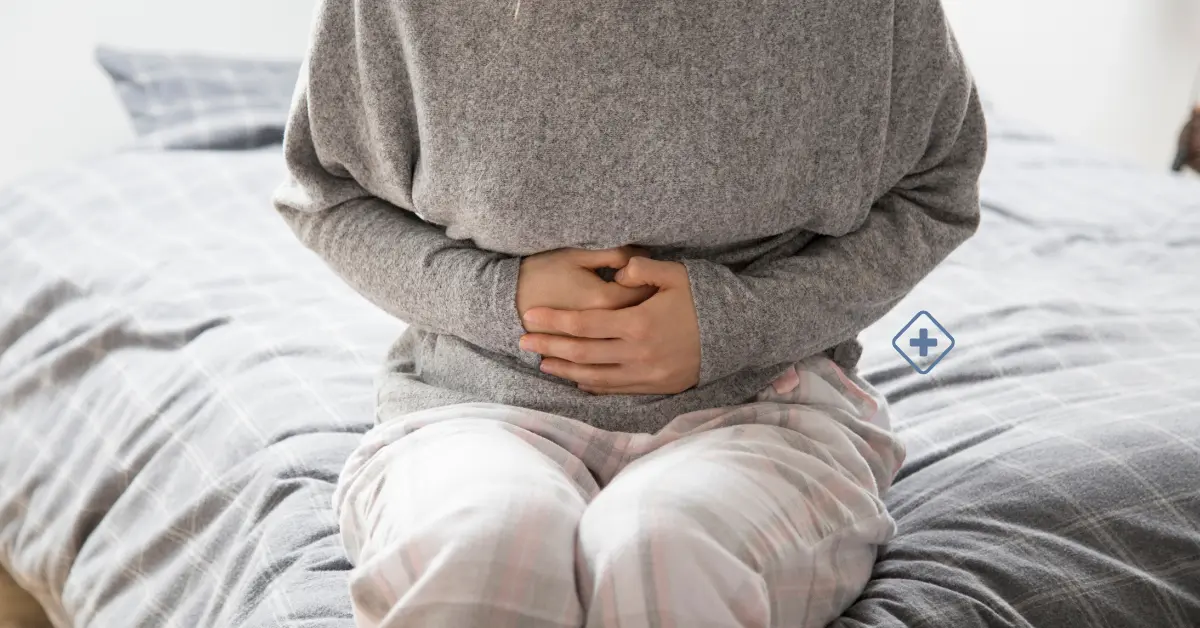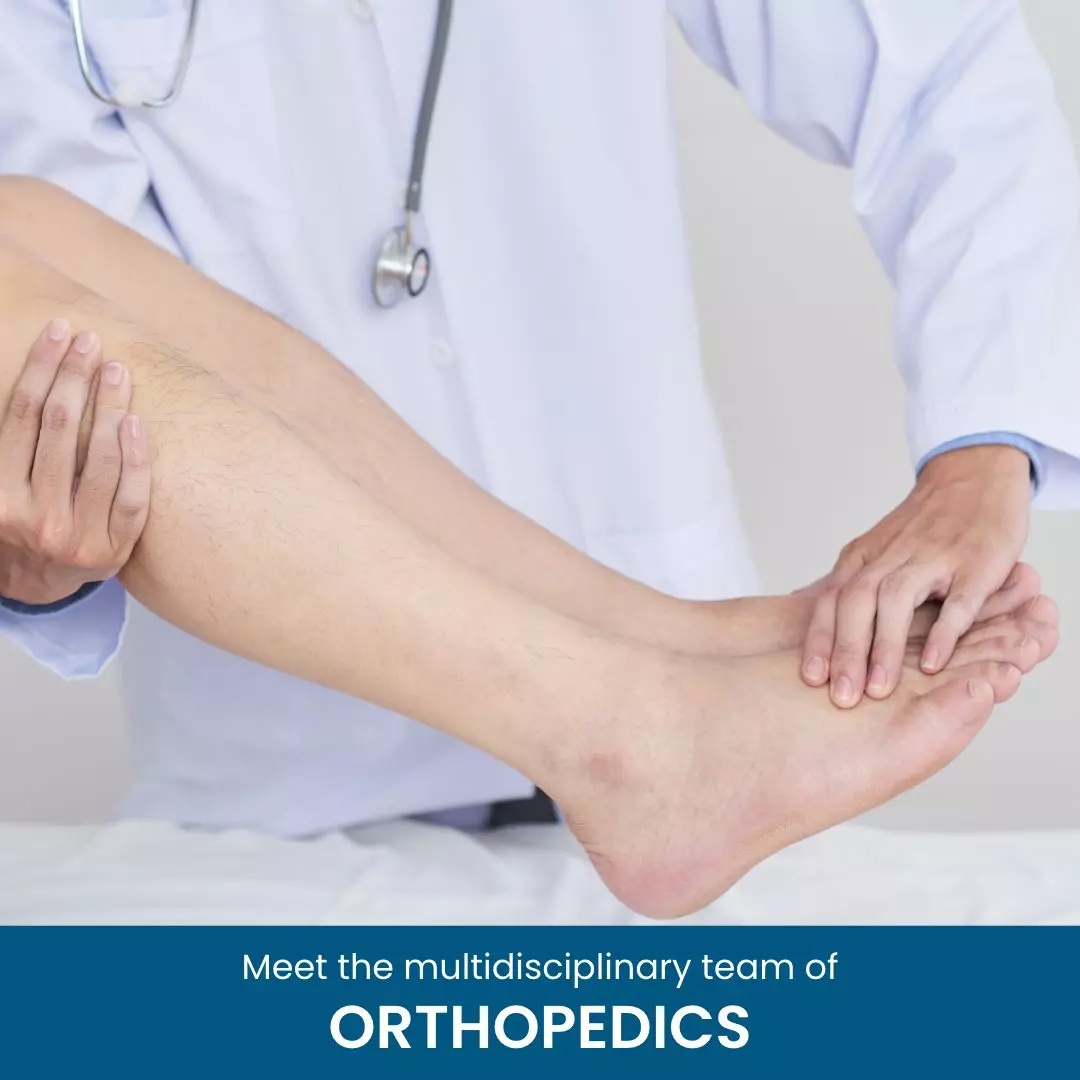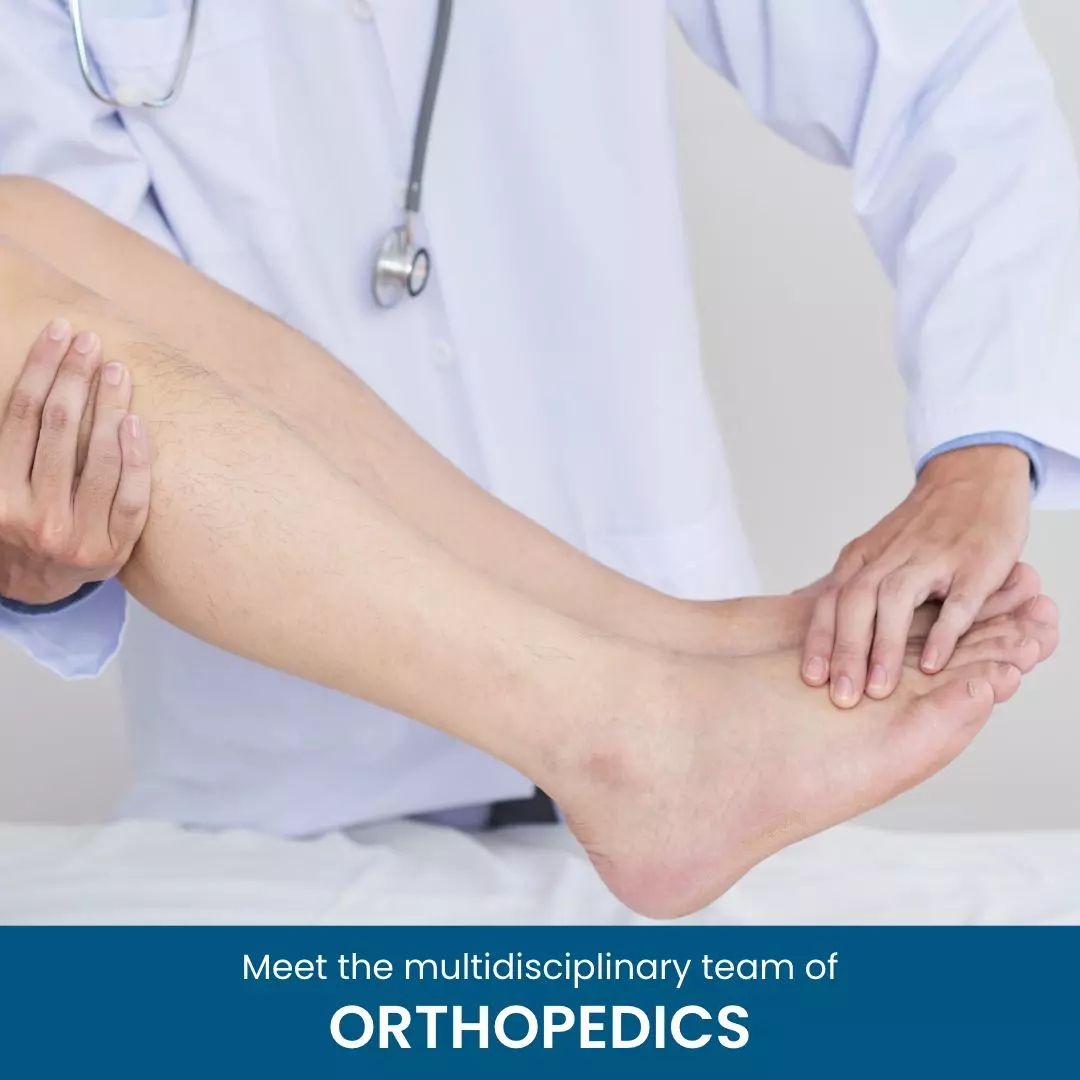
How to use headphones without hurting your ears?
Using headphones every day has become mainstream. However, using them at a very high volume can cause hearing problems. Find out how to prevent damage to the ears.

The risk of damage listening to music will depend on: the volume you are listening to, your closeness from the speakers, the frequency of your exposition, your type of headphones, and your family history linked to hearing loss. But with awareness, it is possible to prevent this damage.
Here are some ways to preserve your hearing:
-
Turn down the volume: this applies to your headphones, but also to all your devices. We don't realize it, but we tend to listen to our content at full volume
-
Use noise-canceling headphones: sometimes headphones are used to mask surrounding noise. There are two models of noise-canceling headphones: active and passive. Passive noise-canceling headphones limit outside sounds (as high-density foam headphones that isolate your ear from external sounds). Active noise-canceling headphones work by constantly monitoring the sounds around you and generating sound waves that directly cancel out external noise
-
Wear actual headphones, not earbuds: the distance from sound to eardrum may be minimal between headphones and earphones, but it's crucial in the long run
-
Set a volume limit and never listen at maximum volume: many devices (such as the iPhone) offer to put a volume limit in settings
-
Take listening breaks: the World Health Organization (WHO) suggests people to listen to music for no more than one hour a day to protect their hearing
Listening volume is important, but so is time spent listening to sounds
“The louder the noise (measured in decibels), the faster it damages the ear”. This is well-known. The decibel (dB) is a unit to measure the level of sound.
The daily recommended safe volume level of any sound is below 85 dB for a maximum duration of eight hours. Listening 85 dB for extended periods can cause permanent hearing loss. A normal mp3 music player can go up to 105 decibels - which is considered too high.
To give you an order of magnitude: A whisper is measured at 20 decibels, a normal conversation at 60 decibels, a concert at 110 decibels, a gun shot at 140 decibels.
Device types
In addition to volume and duration of use, the device you are using can also make a difference.
There are three types of listening devices, each with its own benefits and drawbacks. Over-the-ear headphones cover the ear and are often better at canceling outside noise that the best sound quality allows you to listen at a lower volume.
However, they are not as portable as headphones. Headphones allow more outside noise to enter, which could be good for safety if you are outdoors near traffic or in close places with other people. However, people tend to turn up the volume to dangerous areas with a lot of ambient noise.
Insulated headphones have rubber tips that seal the ear canal. They are good at blocking outside sounds but can be dangerous for runners or cyclists who need to be aware of outside sounds, such as car horns or traffic. No matter which design you choose, people shouldn't be afraid to spend a little more on better earpieces.
Some symptoms of a hearing problem are:
-
Whistling and buzzing noises (tinnitus) in the ears
-
Difficulty having a conversation with multiple people
-
Difficulty following a conversation in a noisy environment
-
Need for a word to be repeated
-
Tending to always increase the volume of television, radio etc
The reality of hearing loss
Many devices allow outputs to exceed 85 dB, which can be a problem because many listeners, especially younger ones, don't realize the long-term detrimental effects. Early and repeated exposure to loud noises causes damage to the inner ear, which is permanent and may not be experienced until later when it is too late to avoid it.
According to the Centers for Disease Control and Prevention, 17 percent of Americans between the ages of 20 and 69 have hearing loss that may have been caused by exposure to loud noise.
Repeated harmful noise can age the ear 50 percent faster. By the time you are in your 50s, you may have the audition of someone in their 80s. To be safe, listen to this general advice: If someone at arm's length can hear music from their headphones or earphones, or if they raise their voice to speak to someone while listening to something it is too loud; turn down the volume.
When should you see a doctor?
In case of Hearing loss, it is essential to consult an Otorhinolaryngology (ENT) specialist. A professional's support in this area will be necessary and beneficial to have a better quality of life.
When consulting your Otolaryngology Specialist try to keep a record of your pain with a detailed description of the symptoms, duration, and what you think triggered them. Also, mention any medications you are taking.
Do you need an appointment? Find Otolaryngologist in Los Cabos (624) 1043.910
BlueNetHospitals - Hospital Los Cabos
BlueNet Hospitals
Trending Topics
Otorhinolaryngology
Trending Topics
Septoplasty
Septoplasty is a highly effective procedure for correcting a deviated septum
Ulcerative Colitis
Ulcerative colitis is an inflammatory bowel disease (IBD) that causes chronic inflammation.
Prostate-Specific Antigen (PSA)
The level of PSA in the blood can provide valuable information about prostate health.
Emphysema
Emphysema symptoms can be subtle at first but tend to worsen over time.
Health Library
Otorhinolaryngology
- Do You Need an Appointment with a Specialist?
- call us
- write us
- let's talk

